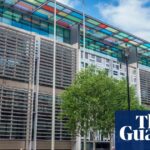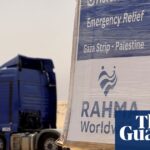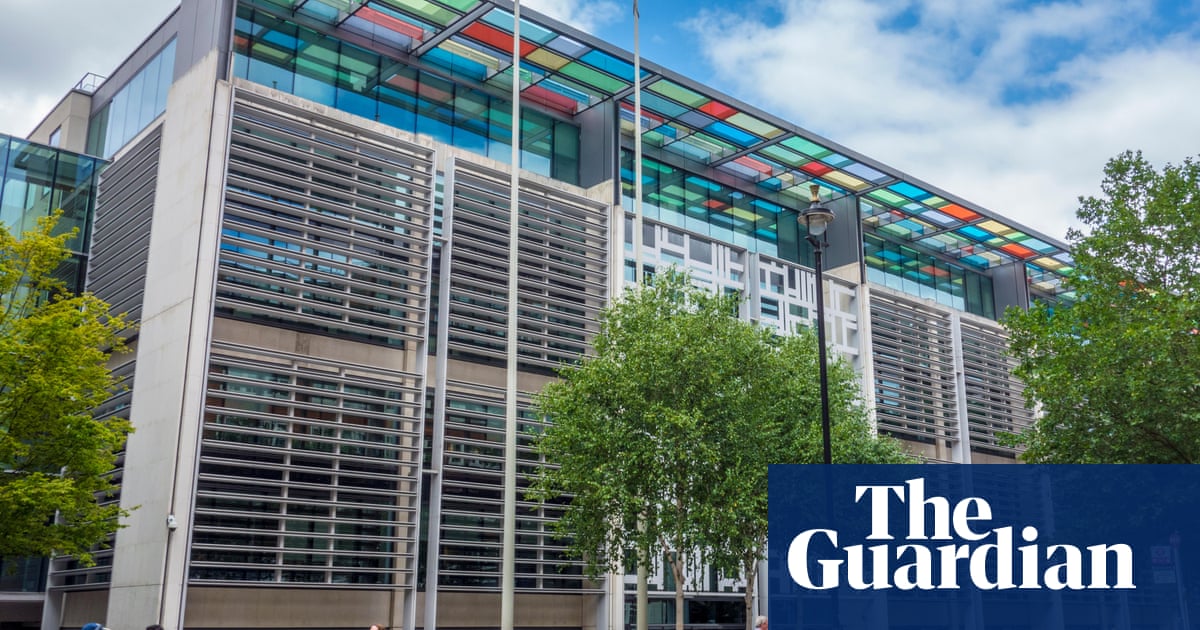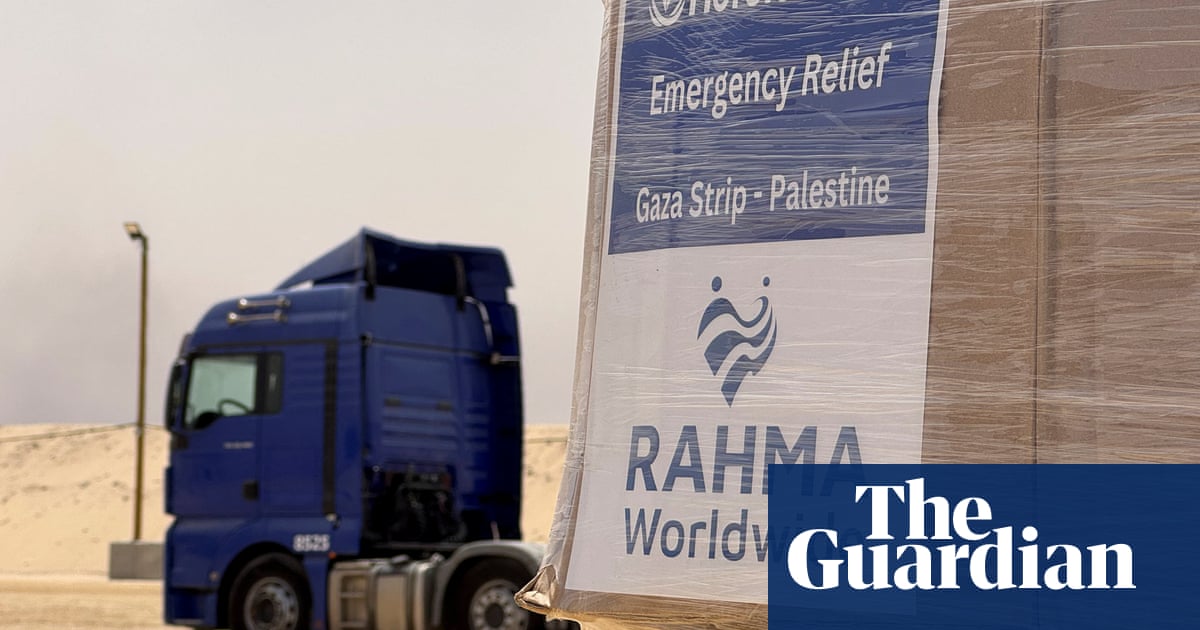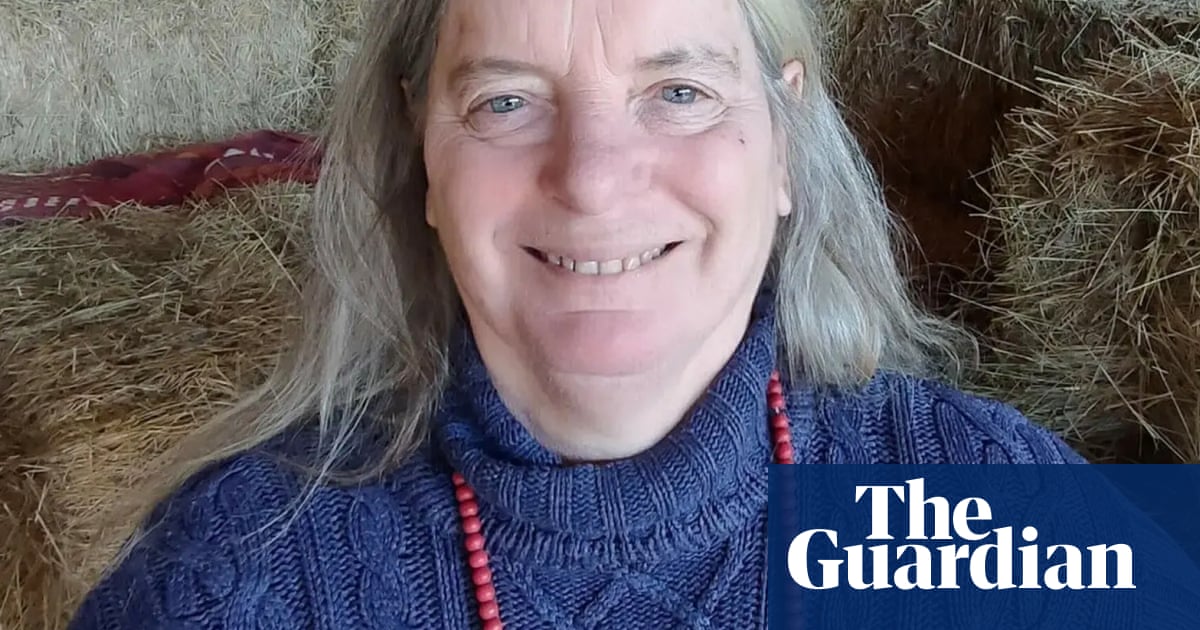The world is facing a new form of climate denial – not the dismissal of climate science, but a concerted attack on the idea that the economy can be reorganised to fight the crisis, the president of global climate talks has warned.
André Corrêa do Lago, the veteran Brazilian diplomat who will direct this year’s UN summit, Cop30, believes his biggest job will be to counter the attempt from some vested interests to prevent climate policies aimed at shifting the global economy to a low-carbon footing.
“There is a new kind of opposition to climate action. We are facing a discredit of climate policies. I don’t think we are facing climate denial,” he said, referring to the increasingly desperate attempts to pretend there is no consensus on climate science that have plagued climate action for the past 30 years. “It’s not a scientific denial, it’s an economic denial.”
This economic denial could be just as dangerous and cause as much delay as repeated attempts to deny climate science in previous years, he warned in an exclusive interview with the Guardian.
As the climate crisis has gathered pace, temperatures have risen and the effects of extreme weather have become more obvious, scientists have been able to draw ever more clearly the links between greenhouse gas emissions and our impacts on the planet. So the argument has shifted, Corrêa do Lago believes, from undermining or misrepresenting the science to attempts to counter climate policy.
“It is not possible to have [scientific] denialism at this stage, after everything that has happened in recent years. So there is a migration from scientific denial to a denial that economic measures against climate change can be good for the economy and for people.”
The rise of populist politicians around the world has fuelled a backlash against climate policy, most clearly seen in the presidency of Donald Trump in the US, where he has set about cancelling policies intended to boost renewable energy and cut greenhouse gases, and dismantling all forms of government-sponsored climate-related institutions, including scientific research labs.
Corrêa do Lago wants to spur a new global effort to persuade people that remodelling the economy away from a reliance on fossil fuels and towards a clean energy future will reap benefits for all people. “The new populism is trying to show [that tackling the climate crisis does not work],” he said. “It’s the turn of those who believe in the fight against climate change to show and to prove that fighting climate change is possible, and that it can come with economic advantages and with a better quality of life.”
Corrêa do Lago is an economist by training – the youngest of five brothers, all of whom became economists. “My mother was horrified with our lack of originality,” he joked.
He has been a career diplomat, having joined Brazil’s foreign service in 1983 and serving previously as ambassador to India and Japan. He is also a veteran of the Cop talks – the annual “conference of the parties”, which will take place this year in Belém, near the mouth of the Amazon, in November.
“Most of the answers have to come from the economy,” said Corrêa do Lago. “Because we have now enough science, enough demonstration of how climate change can affect people’s lives. Now we need answers [in the form of policy measures]. We need economists to rally.”
Over the past two decades, economists have begun to take on the challenge of the climate crisis, after the 2006 landmark review by Nicholas Stern, the former chief economist of the World Bank, which found it would be cheaper to tackle emissions than to allow them to run unchecked. That contradicted the conclusions of some previous economists, who had claimed it was not worth trying to move away from fossil fuels, or it would be too expensive.
Since then, multiple reports have proved the same point. Most recently, the Organisation for Economic Co-operation and Development (OECD) and the UN Development Programme produced a joint report this year, with the final version to come out next month, showing that tackling the climate crisis would materially increase economic growth, rather than being a necessary cost.
But much mainstream thinking on economics does not take the climate crisis into account. Most governments preparing budgets, for instance, do not include climate impacts in their estimates, and nor do businesses. Many of the economic estimates of climate damage are also far too modest. For Corrêa do Lago, this shows that much more needs to be done.
“Climate has not been incorporated into economic theory in a satisfactory way yet,” he said. “Because it’s a very disturbing element.”
Corrêa do Lago also faces the task of corralling 196 nations into producing new national plans on greenhouse gas emissions within the next few months, and meanwhile Brazil is already wrestling with the logistical challenges of holding Cop30 in a rainforest. There was controversy earlier this year over a road being built through the forest to the city, though Brazilian officials said the road had already been planned before Cop30 was awarded to Belém. There are also concerns about the environmental credentials of the Brazilian president as his government continues to approve mines and oil drilling projects.
But those pale in comparison with geopolitical headwinds. Trump will not attend the talks and has withdrawn from the Paris agreement, and his actions have emboldened countries that wish to derail progress. Saudi Arabia, Russia, Argentina, Venezuela and a host of other countries, including petrostates and populist-leaning governments, are all possible mischief-makers. Other major economies may be less overtly disruptive but also could fall well short in their commitments, with equally damaging effects.
Each country is supposed to prepare a nationally determined contribution (NDC), a complex document setting out targets on greenhouse gas emissions to 2035 and sometimes beyond, and policies intended to meet them. But so far only a handful of countries – not including the EU, China, Japan or India – have submitted their NDCs, even though the deadline passed in February.
The UK’s plan was submitted last year, along with Brazil’s.
Brazil and last year’s hosts, Azerbaijan, are working on a “roadmap” that will set out what countries must do to achieve the financial goals that will also be a key issue. The outline will be ready before governments gather in the Amazon in November.
For Corrêa do Lago, the hope is that the world can come together to solve the existential crisis of the climate in the way governments did 40 years ago to tackle the hole in the ozone layer. “Climate change is much more complex, and the gases act for much longer, and the impact on the economy is infinitely larger than the elimination of the gases that deplete the ozone layer. But the ozone layer is the only example of the phenomenon that connected human action could change the direction [of an environmental crisis].”
If we fail? “The alternative is accelerating climate change.”

